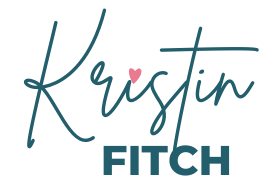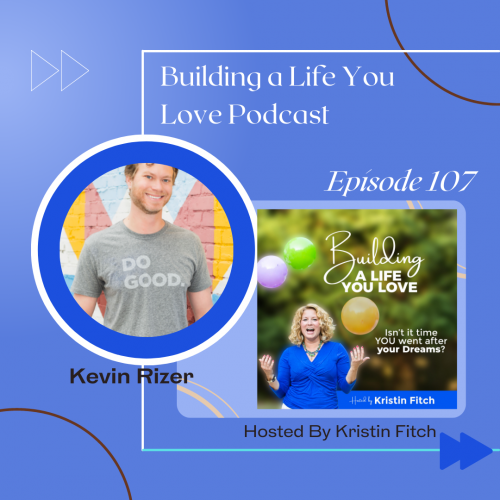build_a_life_You_Love_Ep107_Kevin_Rizer_tues_oct_5_21
SUMMARY KEYWORDS
SPEAKERS
Speaker 2 (50%), Speaker 1 (50%)


On today’s episode Kristin talks to Kevin Rizer, entrepreneur, author, and speaker, about his new book Always Wear Pants and 99 Other tips for Surviving & Thriving While You Work from Home about working from home, and how to balance our work and personal lives and set healthy boundaries. Kristin & Kevin also talk about being intentional with your schedule and asking yourself regularly- do you enjoy your work, does your work fulfill you or give you purpose and what to do if it’s not. They also dive into asking for what you want and how to address some of the biggest challenges folks around the world are dealing with working from home.
What is holding you back from going after your dreams, defining life on your terms and from finding meaningful work you love? What is holding you back from going after your dreams to start your business or to write a book or launch a podcast, to sell your art or clothing, or to start an online business? What is holding you back from finding real joy and meaning in your life?
Each week on the show we are going to help you figure out how to go after your dreams and find work you love. And how to find a healthy work-life balance and how do you fit in the things that are meaningful to you and have flexibility of time and income. We will also talk about mindset and self-development to be your best possible self in your work life and personal life. We will take the idea of meaningful work you want to do and how you create and start a business and monetize it. Let’s be happier, healthier and find ways to create meaningful lives that bring us more joy and connection to our every day.
Let’s start taking action to create and monetize our creative ideas and passions and turn them into thriving businesses- let’s go after our dream work, make more money and spend more time with people we love living our best lives. And learn how Curiosity, Creativity, Mindset, Communication, Play, and Faith play a role in improving our lives.
Join podcast host, Kristin Fitch to be encouraged throughout your week and to be reminded you are needed, you matter and now is the time to step into your future and all the possibilities waiting for you- it’s time to step into what you’ve been called to share with the world. To learn more or connect with Kristin go to KristinFitch.com. And we’d love for you to join our private Facebook group Building a Life You Love where Kristin and friends share encouragement, ideas and extra resources to help you go after your passion and define life on your terms.
Focus: Coaching- Starting a Business- Personal Development, Find Your Purpose, Do Work You Love, Escape the 9 to 5, Quit Your Job, Side Hustle, The Importance of Celebrating Small Wins, Podcasting, Don’t quit your day job, Side Gig, What do You Truly Desire, Work from Home, How to Work from Home Successfully, Be Intentional, Work Less, Be Kind to Yourself, Healthy Work-Life Boundaries, Work Life Balance
Connect with Kevin:
Check out the above website to buy the book, enter in a Home Office Makeover, and more.
Instagram: @Kevin_Rizer
Speaker 2 (50%), Speaker 1 (50%)